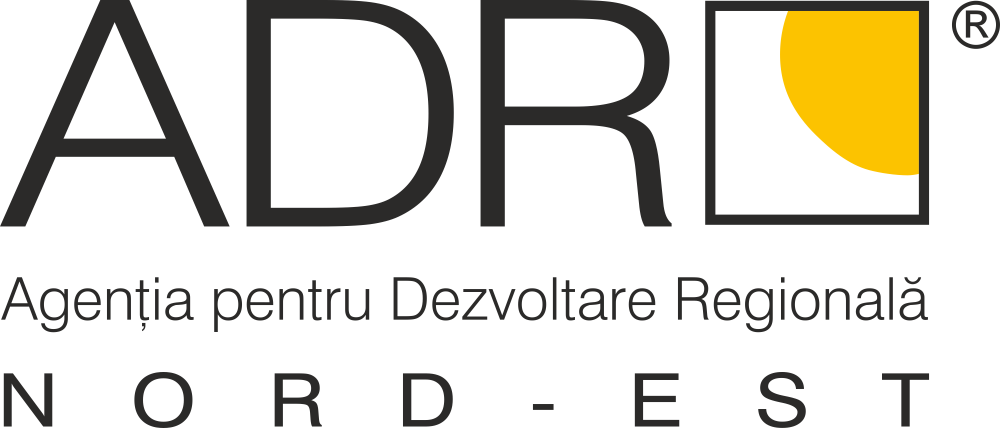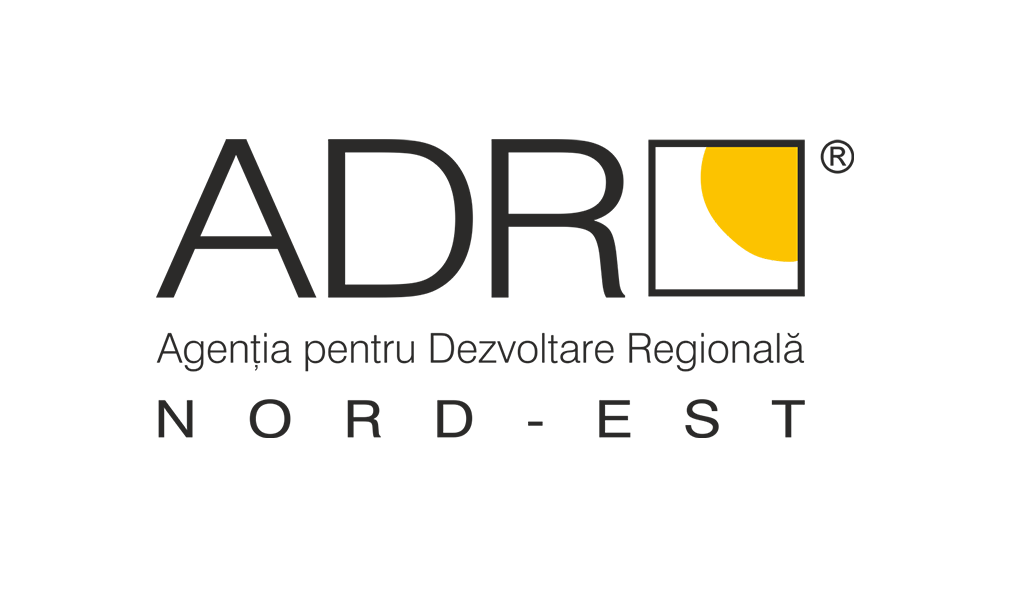Reporter REGIO: episode 6
Manifatture Neamț SRL- or how to knit success thread by thread
Success stories, possible with the support of Regio Nord-Est 2014-2020
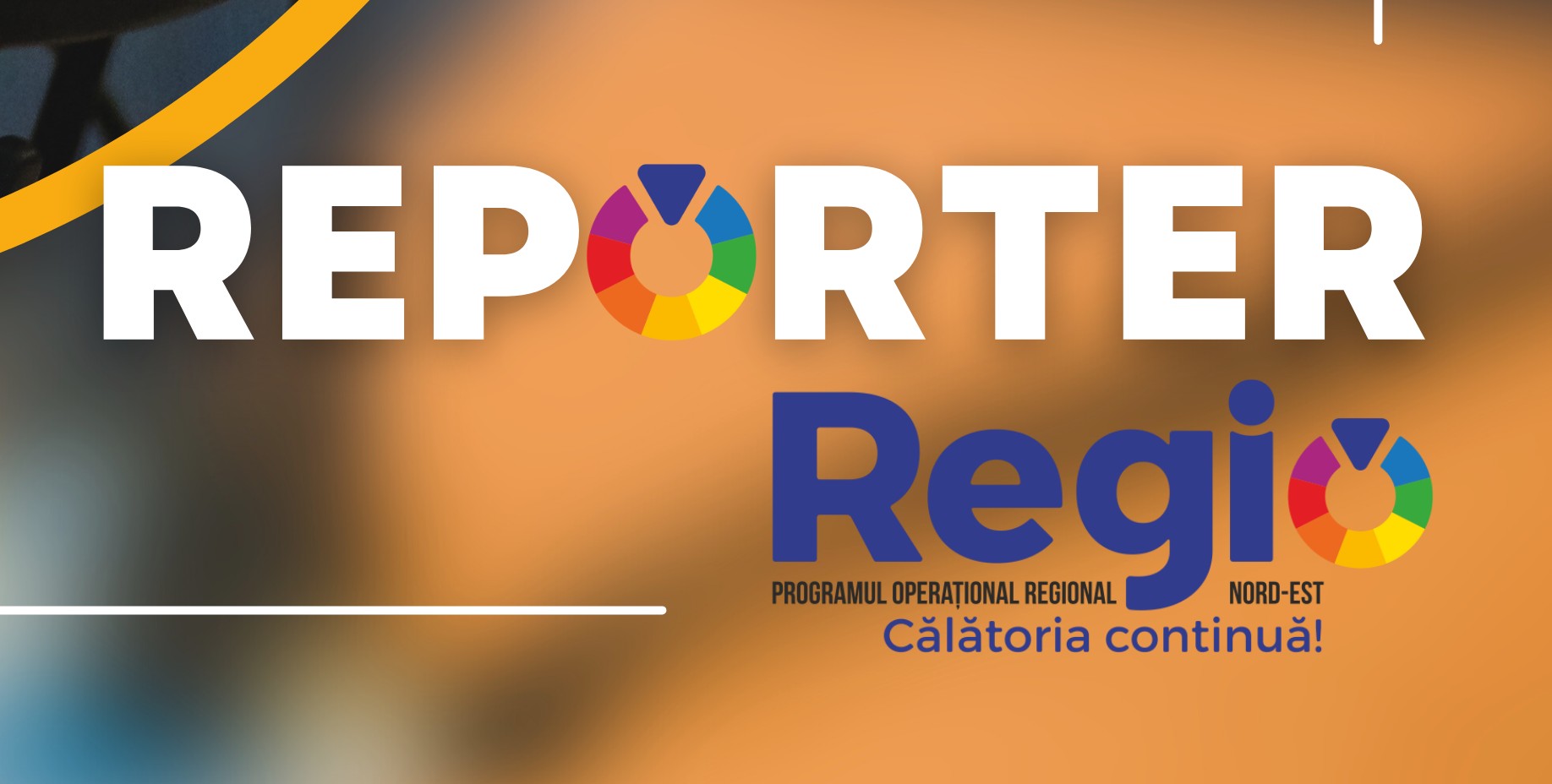
1.15 million euros non-refundable financial assistance. Two submitted projects. One is completed, and the other is under implementation. Any time would submit for a third one. Manifatture Neamț SRL is a company that took advantage of the development opportunities offered by the Regional Operational Program 2014-2020. Perhaps the title of the submitted projects, „Expanding production capacity and increasing the competitiveness of the company through the acquisition of high-performance production equipment”, does not say anything, but behind them is a local company that produces haute-couture clothes for Prada, Valentino, Tory Burch or Moncler. From Neamt County directly to Milan or Canada. Also, REGIO helped this company to survive during the pandemic.
In August 2012, in Dumbrava Roșie City, on Strămutați street, the first knitting machines of Manifatture Neamț SRL started working. With 7 people in the team, Lucian Seghete had, for the umpteenth time, a new beginning. His story is interesting, to say the least, with a lot of will, discipline, sacrifice, and a lot of time dedicated to a passion.

Passion for automation and machines
Going back in time, we find out about Lucian Seghete that worked during all the summer vacations through high school, in Onești City. With a scholarship, after completing his mandatory internship at the end of the school year, he asked different bosses, both from the Chemical Plant and the Onești Refinery, to accept him to work for an extra penny. He was checking or repairing electronic equipment. He then joined The Electronics College in Iași City and, although he continued his summer work in Onești City when his wife was assigned to Piatra Neamț City, he also transferred to the Synthetic Yarns and Fibers Combine in Săvinești. There he worked in a making machinery department for the textile chemical industry. „It was the time when Ceaușescu said that he was paying the country’s debt, and that meant that no more equipment would be bought from any country, and we had to make them ourselves, to reproduce them. There were Mitsubishi, Bosch, and IBM machines. Melana 5, as it was called then, was a department developed from scratch only with machinery made by us from local materials. Making automation for all these machines was pure passion„, says Lucian Seghete. He worked very hard, even on Sundays, 12 hours a day, to be able to work on the automation. Then came the Revolution in `89, with many organizational changes. He was the head of the research, and design department, and the machinery and spare parts department became independent. „It was pioneering in terms of running a company, with budgets, everything„, he recalls.

Victoria sweaters and the first knitting machine
One summer, a lady, Mrs. M., came and told him that she had some second-hand knitting machines and she didn’t know how to get them working because they also had electronic parts. Although he didn’t know much about a knitting machine, he agreed to get involved. He had them up and running within a month. Making the first piece of knitting was fascinating for everyone involved and they wanted to do more. The next step was programming the machine to knit a sweater. Lucian Seghete went all the way to Budapest, got the program, because it didn’t exist in Romania, and he remembers, smiling, that a hundred thousand sweaters were made. They were called Victoria sweaters, with threads taken from Rifil factory, and… „people were standing at the door to buy them. They came from all over the country. The color purple was in great demand. Everyone wanted a purple sweater. Purple with any color„, says Lucian Seghete.
That was the moment when he had to choose: past or future. And he chose the future. He took over the technical department here, with the M family. He visited many knitting factories in Italy to study how they work, and at the same time, new machines and programming stations were bought. Slowly, the orders started coming in. Everything went smoothly, and Lucian Seghete worked with and for pleasure. They started to export knitwear abroad, and the company was developing tremendously.

New beginnings
His experience was extremely valuable in the textile market and being the kind of person who made things go smoothly, he was called upon to help out in various factories around the country. He set up a textile factory in Brașov City in 4 months, and another one in Bucharest City in 2 months. After these two, someone who had a factory in Dâmbovița City called him to help a program that was not working. He liked it there and decided to stay and work with these people. The factory went from 20 knitting machines to 80 and during this time they collaborated with a lot of famous brands. The owner, an Italian person, had connections with all the big companies in Italy. After almost 10 years of commuting Piatra Neamț-Dâmbovița, Lucian decided it was time to make a change again. „When I told the chief that I was leaving, he said, « And what am I doing now? Then, if you leave, we’ll build a factory in Piatra Neamț City! ». With what money? I had no money. He said: « take some machines from here and make the samples you have to make for the customers ». This happened in February 2012. By August, the building was fully up and running, with the first sewing machines ready to go. A few years later, the Italian chief said he was no longer interested in the factory here and he withdrew.

Five high-performance knitting machines through European funds
Lucian Seghete, who already had an eye for new trends, had the opportunity to test a newly appeared knitting machine, one that knits the complete product, especially when he also saw that young people no longer have the patience to work an item that combines knitting. He tested it, bought it, and when he saw that it practically worked alone, he decided that he needed more such machines, for the evolution of the company. He thought sometimes about the idea of European funds, but he felt that now is the best time to do it. With the help of a consultant, he submitted a project on Axis 2 – „Improving the competitiveness of small and medium enterprises”. „We said: let’s try through funds. We bought 5 machines through the project and I think we are the only ones in the country who have this type that makes the complete piece of knitting. We realized this was the future, machines working thin and very thick yarn. I knew that fashion would change, regardless of the season, items with thick threads would be made„.
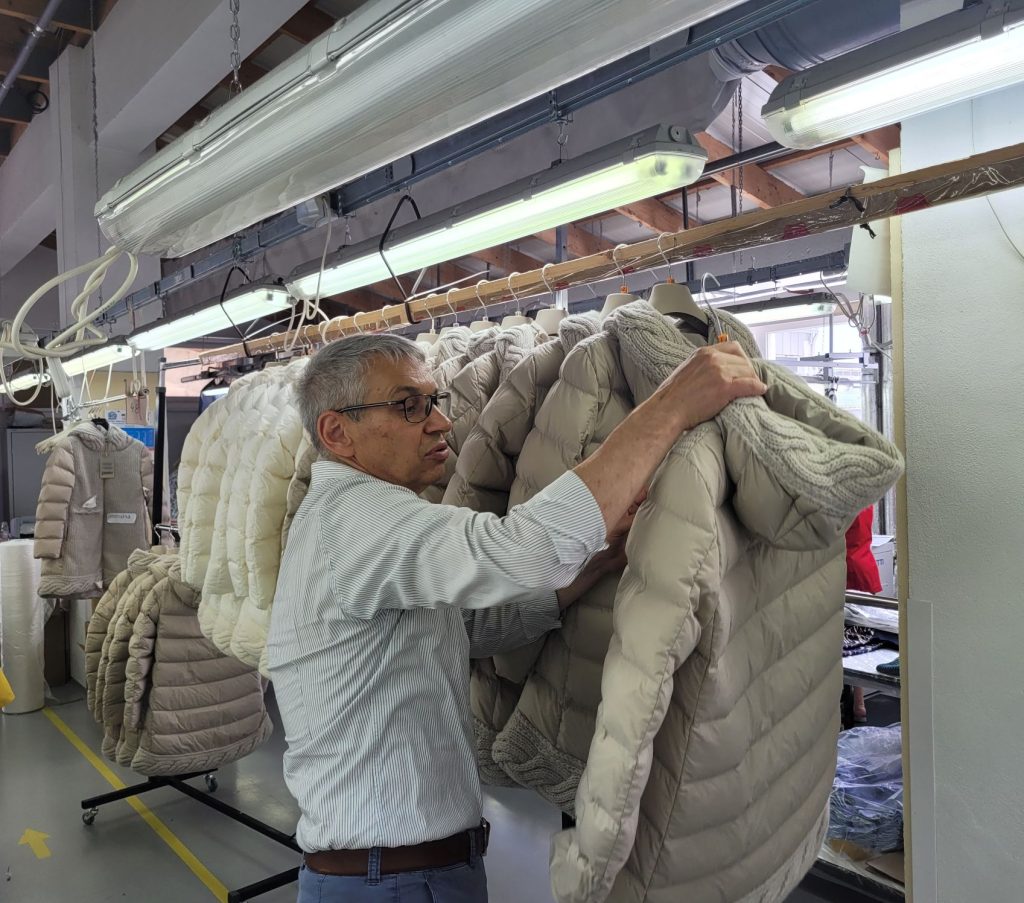
``Thanks to these machines, we kept the factory open during the pandemic``
The period of the pandemic was quite complicated for Manifatture Neamț. Clothes weren’t on people’s priority list and orders dropped off a lot. The purchase of the 5 high-performance knitting machines proved to be the company’s lifeline. „During this pandemic, these machines helped us a lot. If we didn’t have these machines that we purchased with European funds, we could have closed. We’ve maintained production, not necessarily the number of units, but the revenue that we normally had, that we assumed would increase. A product made on such machines is a much more expensive product than one made on normal machines. Because it’s a product that no one else makes. We are now at the top of the market with products like this„, says Lucian Seghete.
Sometime later, Lucian Seghete submitted a second project for other knitting machines with very thin threads, but also with thick threads, with even more sophisticated technology. Also in the second project, he purchased a yarn spinning machine, to reuse the waste. “We work only for export, with expensive yarns, silk, cashmere, and we only work on complicated items that not many people can make. We reuse the threads when there are pieces that have to be thrown away because they have a defect, and the spinning machine helps us a lot„.
From 7 to 160 employees
Manifatture Neamț has also developed a lot in terms of personnel. 160 people work today to send clothes all over the world on time. „We do not work on the stock of any kind, we work on the orders given directly by our customers from America, from Canada, and big Italian brands such as Moncler, Valentino, Prada, and Herno. We have all the conditions for a top company. We cannot afford not to meet delivery deadlines no matter what happens. Many impediments arise but must be overcome. We are working against time„.
Lucian Seghete has been retired for 5 years. In the last 3 years, he hasn’t had a day off, he works even on Saturdays, sometimes on Sundays, and he vibrates with every machine he owns in the factory.
At the moment, Manifatture Neamț has one completed project, and one in implementation, and Lucian Seghete would not say „no” to a third project. He believes that you cannot take funds just for the sake of taking them. You need to have a plan, a business strategy, and patience. He also says that he has very close ties with the main knitters in Europe and most of them have accessed European funds. „The opportunity for European funds is extraordinary. They must be accessed. Unfortunately, we hear on the radio how other countries have taken and are still taking funds, and we have a low absorption rate. I think there are two reasons: some don’t have the courage and some are scared of bureaucracy. However, it must be applied, it must be tried. If it’s a step you have to climb, you climb it even if it’s higher. But… when you take the next steps, you have to make them more accessible so you can move faster„, concludes Lucian Seghete.
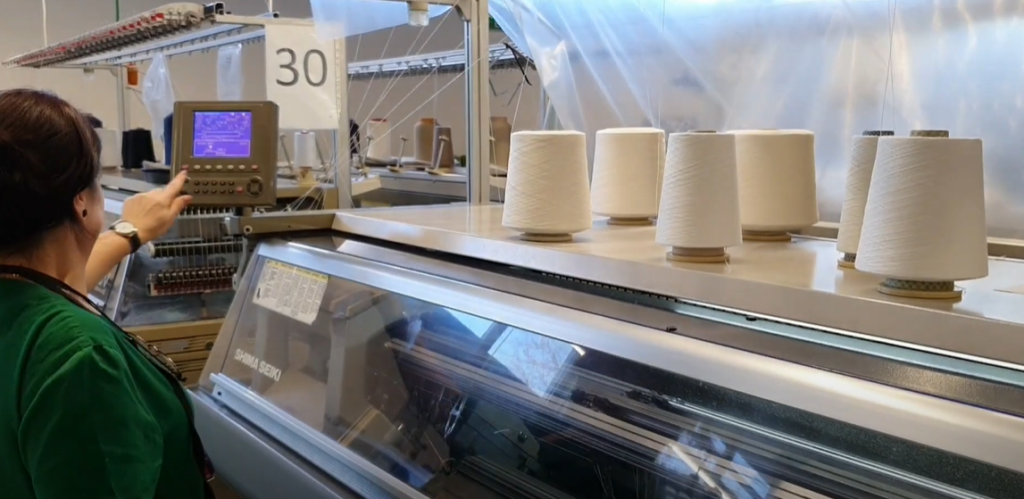

Reporter REGIO is a new North-East RDA initiative, which focuses on promoting the successful projects of our beneficiaries, projects that have managed to stand out by bringing added value and impact to the community. At a time when negative news predominates, we offer you beautiful but true stories for reading, meant to strengthen the belief that „it is possible”! Be part of the story!
Are you a Regio beneficiary? Let us tell you the story.
Contact us for details at info@adrnordest.ro


 INTERES PUBLIC
INTERES PUBLIC